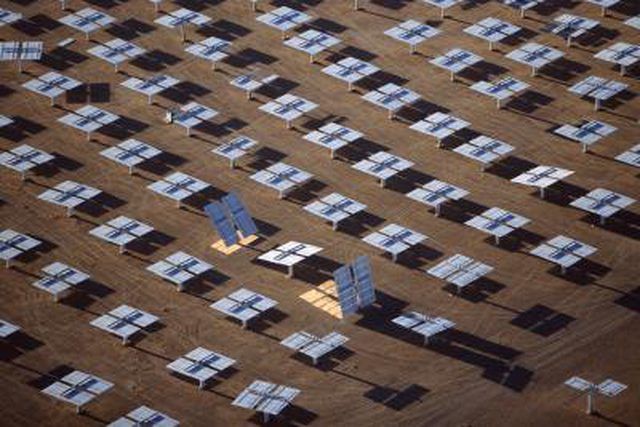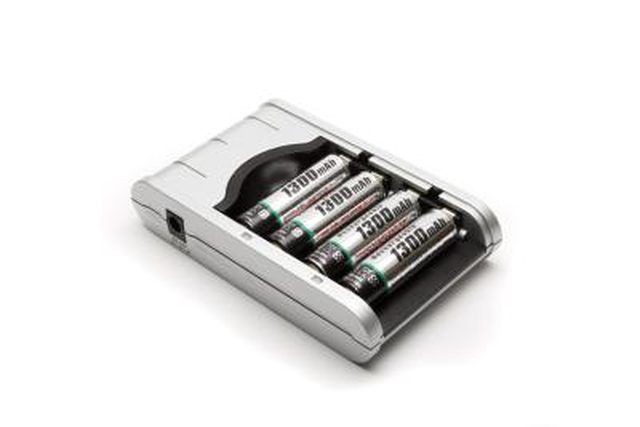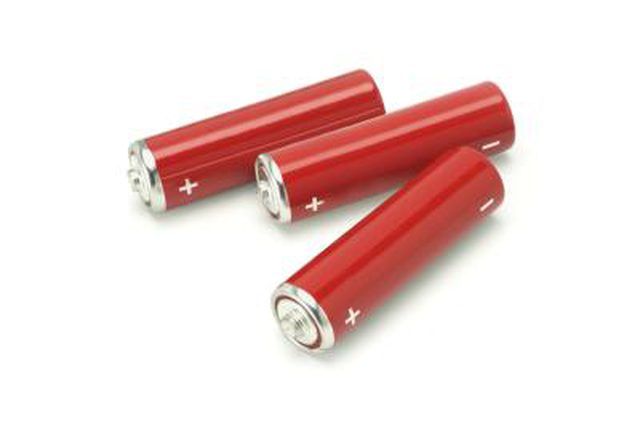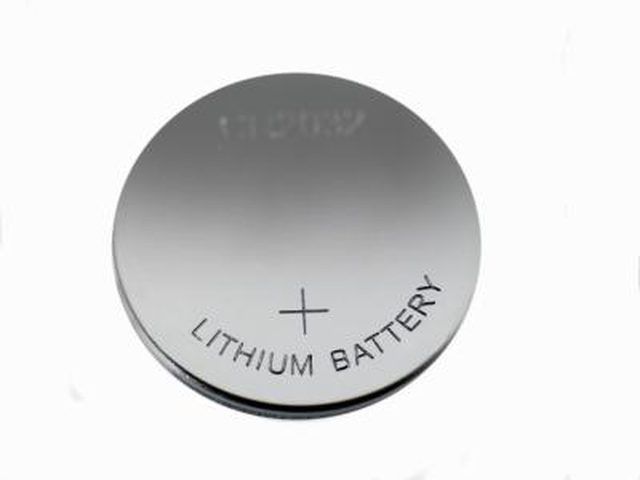Bulbs
Flower Basics
Flower Beds & Specialty Gardens
Flower Garden
Garden Furniture
Garden Gnomes
Garden Seeds
Garden Sheds
Garden Statues
Garden Tools & Supplies
Gardening Basics
Green & Organic
Groundcovers & Vines
Growing Annuals
Growing Basil
Growing Beans
Growing Berries
Growing Blueberries
Growing Cactus
Growing Corn
Growing Cotton
Growing Edibles
Growing Flowers
Growing Garlic
Growing Grapes
Growing Grass
Growing Herbs
Growing Jasmine
Growing Mint
Growing Mushrooms
Orchids
Growing Peanuts
Growing Perennials
Growing Plants
Growing Rosemary
Growing Roses
Growing Strawberries
Growing Sunflowers
Growing Thyme
Growing Tomatoes
Growing Tulips
Growing Vegetables
Herb Basics
Herb Garden
Indoor Growing
Landscaping Basics
Landscaping Patios
Landscaping Plants
Landscaping Shrubs
Landscaping Trees
Landscaping Walks & Pathways
Lawn Basics
Lawn Maintenance
Lawn Mowers
Lawn Ornaments
Lawn Planting
Lawn Tools
Outdoor Growing
Overall Landscape Planning
Pests, Weeds & Problems
Plant Basics
Rock Garden
Rose Garden
Shrubs
Soil
Specialty Gardens
Trees
Vegetable Garden
Yard Maintenance
What Kind of Rechargeable Batteries Do Solar Lights Use?
What Kind of Rechargeable Batteries Do Solar Lights Use?. Solar lights are an inexpensive, environmentally friendly solution to outdoor lighting. They utilize an internal rechargeable battery, so they require no wiring and can be placed almost anywhere. Solar-powered lights use a small solar cell to "trickle-charge" the battery during...
Solar lights are an inexpensive, environmentally friendly solution to outdoor lighting. They utilize an internal rechargeable battery, so they require no wiring and can be placed almost anywhere. Solar-powered lights use a small solar cell to "trickle-charge" the battery during daylight hours. This battery then powers the unit once the sun goes down.

Most solar lights use rechargeable AA-size nickel-cadmium batteries, which must be replaced every year or two. NiCads are ideal for outdoor solar-light applications because they're rugged batteries with a high energy density and a long life.
However, many environmentally minded consumers prefer not to use these batteries, because cadmium is a toxic and highly regulated heavy metal.

Nickel-metal hydride batteries are similar to NiCads, but offer a higher voltage and have a life expectancy of three to eight years. They're safer for the environment, too.
However, NiMH batteries can deteriorate when subjected to trickle charging, which makes them unsuitable for use in some solar lights. If you're going to use NiMH batteries, make sure your solar light is designed to charge them.

Li-ion batteries are increasingly popular, especially for solar power and other green applications. Their energy density is roughly twice that of NiCads, they require little maintenance, and they are safer for the environment.
On the downside, their lifespan tends to be shorter than NiCad and NiMH batteries, and they're sensitive to temperature extremes. However, ongoing research into this relatively new type of battery is likely to reduce or solve these problems.
